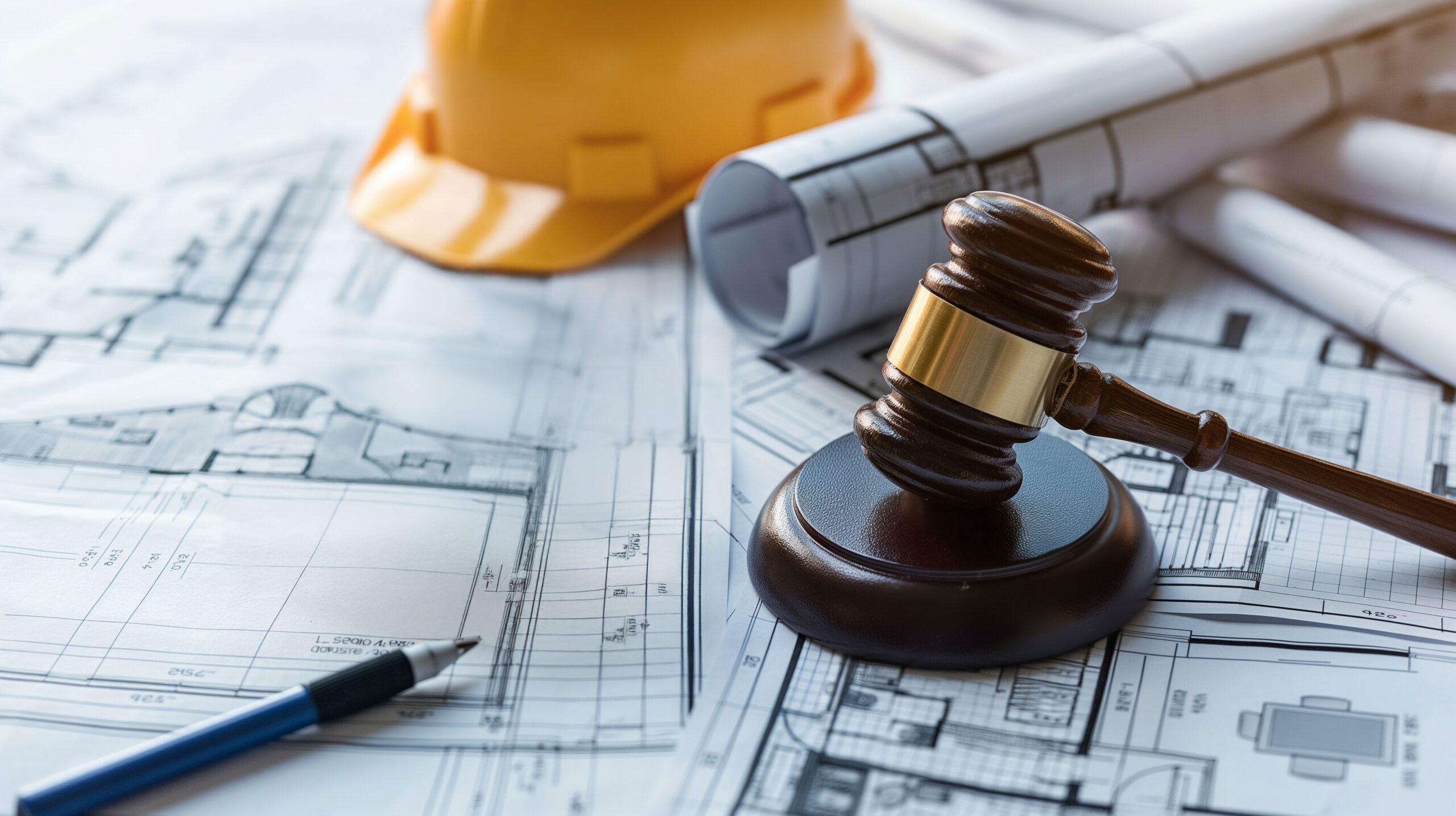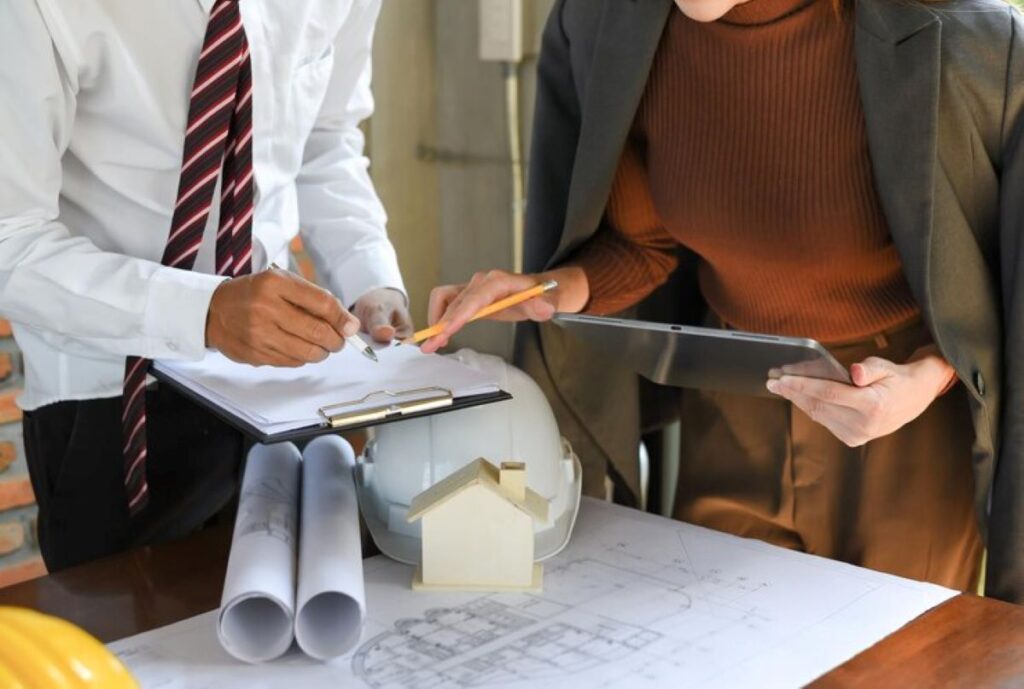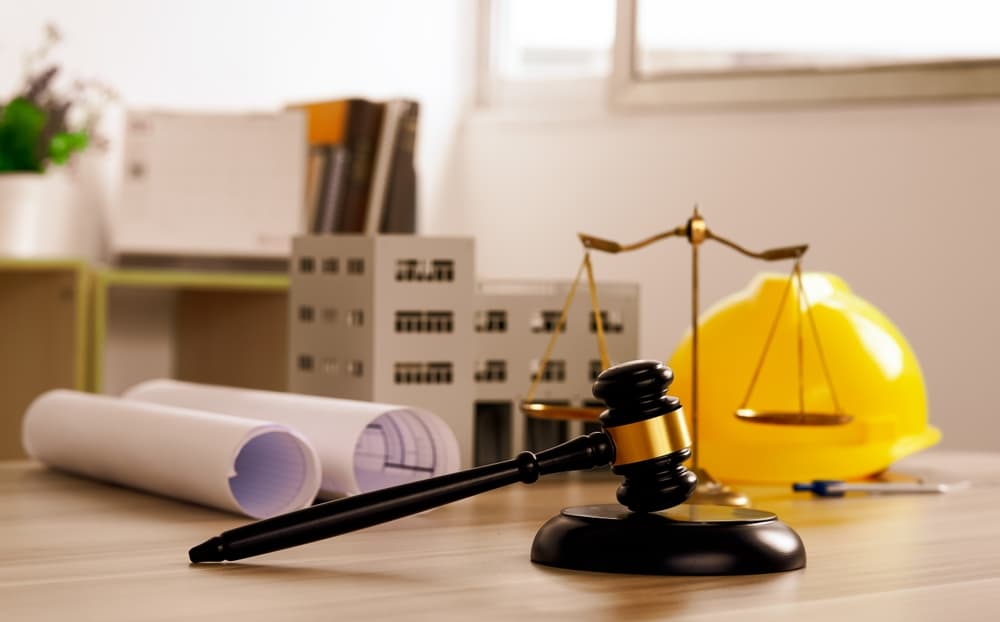Book Appointment Now

The Role of a Construction Lawyer in Sydney: Do You Need One?
The construction industry in Sydney is one of the fastest-growing and most complex sectors in Australia. With major infrastructure projects, residential developments, and commercial buildings underway, the need for strong legal support has never been greater. From contract disputes to regulatory compliance, legal challenges in construction can quickly become overwhelming. This is where the expertise of a construction lawyer plays a vital role.
In this article, we’ll explore what a construction lawyer does, why they are essential in Sydney’s building industry, and how their services can protect both individuals and businesses from costly mistakes.
What is a Construction Lawyer?
A construction lawyer is a legal professional who specialises in handling issues related to building projects, infrastructure, and construction disputes. Unlike general lawyers, they possess in-depth knowledge of construction law, property law, and contract law, which makes them highly valuable for anyone involved in the industry.
Whether you’re a homeowner building a new house, a contractor managing multiple projects, or a developer overseeing large-scale construction, a construction lawyer ensures your rights and obligations are legally protected.
Why You May Need a Construction Lawyer in Sydney
Sydney’s construction sector is governed by strict rules and regulations, covering everything from building codes to safety standards. Navigating this landscape without proper legal advice can lead to serious financial and legal consequences. Engaging a construction lawyer provides several advantages:
- Clear Contract Drafting and Review – Contracts form the backbone of any construction project. A lawyer ensures the terms are fair, enforceable, and safeguard your interests.
- Dispute Resolution – Disagreements over payments, timelines, or defects are common. A lawyer can resolve these issues efficiently through negotiation, mediation, or litigation.
- Regulatory Compliance – Sydney’s building laws are complex, and failure to comply can result in fines or project delays. Lawyers help you remain compliant with local and national regulations.
- Risk Management – Construction projects often involve multiple stakeholders. A lawyer identifies potential risks early and advises on strategies to minimise them.
Key Roles of a Construction Lawyer
1. Drafting and Reviewing Contracts
One of the primary roles of a construction lawyer is preparing and reviewing contracts. Construction contracts are detailed documents that outline obligations, timelines, and payment structures. Without proper legal review, parties may face unfair clauses or loopholes. Lawyers ensure that every clause is clear, enforceable, and aligned with Australian construction laws.
2. Resolving Building Disputes
Disputes in construction are inevitable, but they don’t always have to escalate to court. A construction lawyer assists in resolving disputes through alternative dispute resolution methods such as mediation or arbitration. If litigation becomes necessary, they represent clients in court, fighting to protect their interests.
3. Advising on Building Regulations
Sydney’s construction industry operates under strict building codes and standards. A construction lawyer helps clients understand these regulations, ensuring projects are legally compliant. This proactive approach prevents penalties, delays, and potential project shutdowns.
4. Protecting Property Owners
For property owners, engaging a construction lawyer is particularly valuable. From reviewing building contracts to addressing defective work, lawyers ensure homeowners are not exploited during the building process. They also provide legal remedies if builders fail to deliver quality work or miss deadlines.
5. Supporting Contractors and Developers
Contractors and developers face complex challenges such as subcontractor disputes, contract breaches, and insurance claims. A construction lawyer acts as a safeguard, offering strategies to minimise risk and protect their commercial interests.
Common Situations Where You Need a Construction Lawyer in Sydney
Not every construction project requires constant legal supervision. However, there are several scenarios where hiring a lawyer becomes essential:
- Entering a Building Contract – To ensure the terms are fair and enforceable.
- Facing Delays or Breach of Contract – When deadlines are missed or payments are withheld.
- Dealing with Defective Work – When the finished product doesn’t meet agreed standards.
- Subcontractor Disputes – To resolve conflicts between contractors and subcontractors.
- Insurance Claims – When disputes arise over coverage for delays or damages.
- Regulatory Investigations – If your project is reviewed for compliance with Sydney building codes.
How a Construction Lawyer Saves You Time and Money
Some people avoid engaging a lawyer because they believe it will increase project costs. In reality, a construction lawyer can save significant time and money in the long run. By preventing disputes, drafting solid contracts, and ensuring compliance, they reduce the risk of expensive litigation or project delays.
For example, a poorly drafted contract could result in disputes worth hundreds of thousands of dollars. By investing in legal advice upfront, you avoid financial pitfalls and ensure smoother project execution.

Construction Lawyer vs. General Lawyer: Why Specialisation Matters
Not all lawyers are equipped to handle the unique complexities of construction law. A construction lawyer brings specialised expertise that general lawyers often lack. They understand building codes, industry practices, and construction-specific regulations, which enables them to provide targeted legal solutions. Choosing a lawyer with construction expertise ensures your case or project is managed with precision and accuracy.
The Role of a Construction Lawyer in Dispute Resolution
Disputes are one of the biggest challenges in construction. Without proper handling, they can delay projects and drain financial resources. A construction lawyer provides a structured approach to dispute resolution:
- Negotiation – Attempting to resolve disputes amicably before escalating.
- Mediation – Involving a neutral third party to reach a fair settlement.
- Arbitration – A binding process where an arbitrator makes the final decision.
- Litigation – Representing clients in court if disputes cannot be resolved through alternative methods.
By choosing the right strategy, a construction lawyer ensures disputes are resolved efficiently, protecting both time and money.
The Growing Importance of Construction Lawyers in Sydney
Sydney’s booming property and infrastructure markets make construction law increasingly significant. With projects ranging from small renovations to large-scale developments, legal complexities are inevitable. A construction lawyer bridges the gap between industry professionals and legal frameworks, ensuring projects run smoothly while protecting the rights of all parties involved.
Do You Really Need a Construction Lawyer?
The answer depends on your situation. Small projects with straightforward agreements may not always require legal intervention. However, for medium to large-scale projects, or whenever disputes arise, engaging a construction lawyer is highly recommended.
Ask yourself these questions:
- Am I entering into a contract that I don’t fully understand?
- Do I have concerns about potential disputes or risks?
- Is my project subject to strict building codes and regulations?
- Do I want peace of mind knowing my rights are protected?
If you answered “yes” to any of the above, then the expertise of a construction lawyer can save you significant stress and financial risk.
How to Choose the Right Construction Lawyer in Sydney
When selecting a lawyer, consider the following factors:
- Experience in Construction Law: Ensure they specialise in construction-related cases.
- Local Knowledge: Sydney-specific expertise ensures familiarity with local laws and regulations.
- Reputation and Track Record: Look for positive reviews and proven success in handling construction disputes.
- Communication Skills: Choose a lawyer who explains complex issues clearly and keeps you updated.
- Cost Transparency: Ask for clear fee structures to avoid unexpected expenses.

Conclusion
The construction industry in Sydney is complex, fast-paced, and legally demanding. Whether you are a homeowner, contractor, or developer, the role of a construction lawyer is invaluable. From drafting airtight contracts to resolving disputes and ensuring compliance, their expertise provides security and peace of mind.
While you may not need a lawyer for every project, their guidance in critical situations can make the difference between costly mistakes and successful outcomes. Ultimately, investing in legal advice ensures your construction journey in Sydney is legally sound and financially secure.
See Also: The Step-by-Step process of Insolvency and Business Recover.

